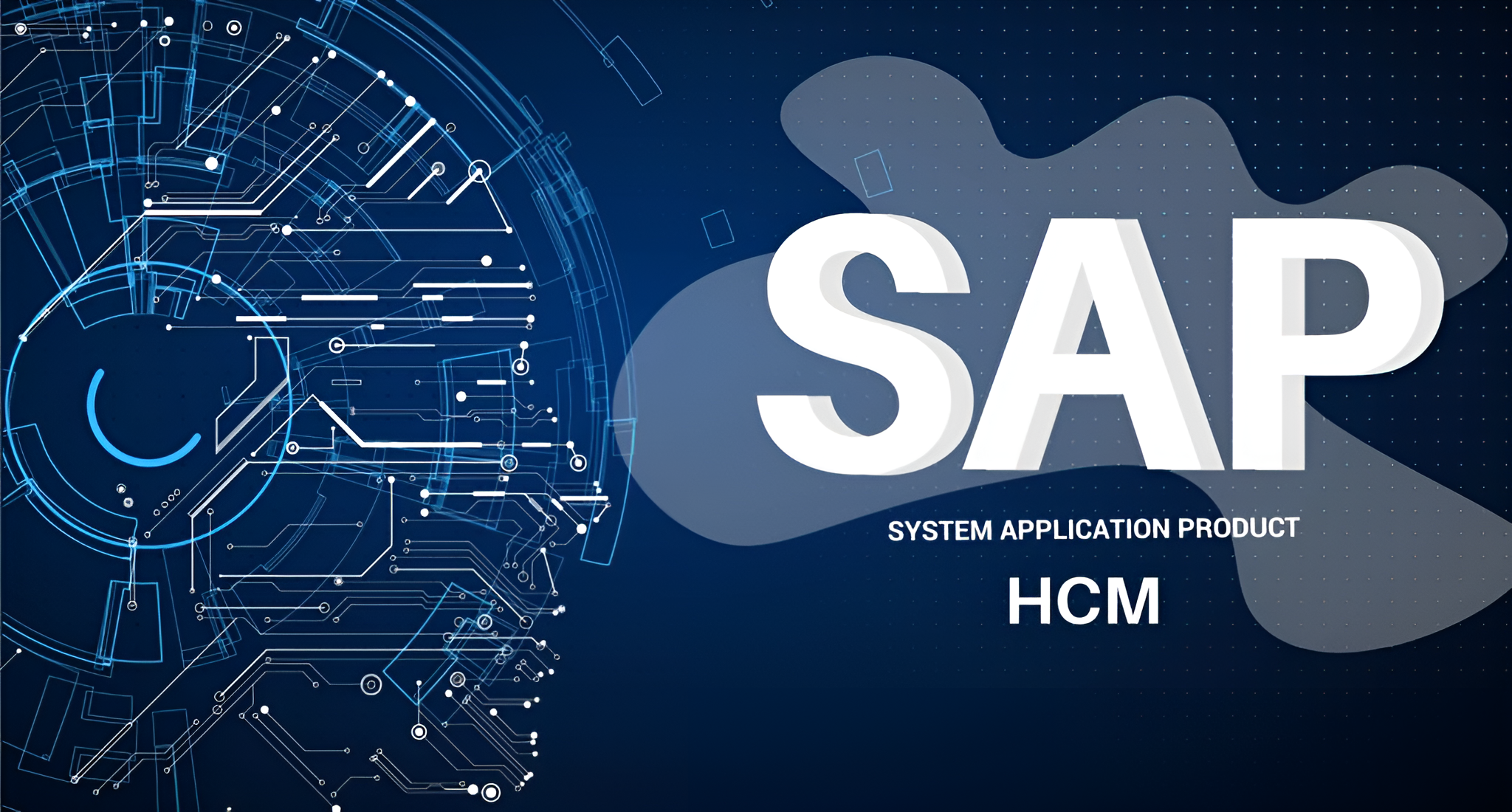
06 Jun 2025
Top Career-Building Tips in SAP Human Capital Management (HCM)
SAP HCM helps companies manage HR activities such as hiring, payroll, and employee development. To build a strong career, start by mastering core modules like Personnel Administration (PA), Organizational Management (OM), Time Management (TM), and Payroll. As businesses move to the cloud, learning SAP SuccessFactors including Employee Central and Learning Management is important. Gain hands-on experience through training, internships, or real projects. Certifications validate your skills and improve job prospects. Strong communication and HR knowledge are also essential. Understand how HCM integrates with other SAP modules like Finance (FI) and Controlling (CO). Stay updated on new technologies, cloud solutions, and AI to keep your skills relevant and ensure long-term career growth in SAP HCM.
SAP Human Capital Management (HCM) is one of the most in demand areas in the SAP ecosystem. It can help companies easily manage their HR operations from hiring to employee development. If you are planning to start or need to grow your career in SAP HCM, here are some of the simple examples and practical tips that can help you succeed.
Learn Core HCM & SuccessFactors
Let Start by mastering the core modules of SAP HCM such as Personnel Administration (PA), Organizational Management (OM), Time Management (TM), and Payroll. These forms are the real foundation of most HCM implementations and it gives you the more essential skills that are needed to work on real time projects. As the SAP landscape evolves, it is also more crucial to get familiar with the SAP SuccessFactors, the cloud based HR solution.
The Learning modules like Employee Central, Performance and Goals and Learning Management will keep your skills future-ready and open up more opportunities.
Focus on Key HCM Modules and Cloud Skills
Hands-on practice is more essential to solidify your knowledge. Use SAP Learning Hub, internships or real time projects to work directly with the SAP systems. Earning certifications like the SAP Certified Application Associate for HCM or SuccessFactors that can validate your skills and boost your career prospects.
Develop Soft Skills and Network Actively
Along with the technical skills, having a strong communication and a solid understanding of HR processes is more essential in SAP HCM. These soft skills that can help you to work more effectively with clients and teams. To grow professionally, actively participate in the SAP communities and attend more webinars and join LinkedIn groups that will focus on SAP HCM. Networking through these platforms that can keep you informed about the latest industry trends, job opportunities, and best practices. Engaging with other professionals also, because they allow you to share knowledge, ask questions and you can get advice, which can accelerate your career growth and open doors to new projects and roles.
Understand Integration and Gain Project Experience
SAP HCM rarely works in isolation. It can often integrate with other modules like the Finance (FI), Controlling (CO), and Employee Self-Service (ESS). You must Know how these modules are connected and how they can help you deliver smoother business solutions.
Gaining more hands-on experience through the real time projects that can allow you to learn implementation, customization and support each process. This practical exposure is more crucial for developing the problem solving skills and applying your knowledge to real world challenges. Employers value each candidate who can handle the end-to-end processes and adapt quickly to changing business need and making project experience a key part of building a successful SAP HCM career.
Stay Updated with Cloud and Emerging Technologies
As SAP continues to evolve, you need to stay updated with cloud solutions like SAP SuccessFactors and emerging technologies is also more essential. The shift from traditional on premise SAP HCM to cloud based platforms offers new opportunities and challenges. Learning about innovations such as AI machine learning and analytics within HR tech can set you apart from others. Keeping your skills current ensures you remain more competitive in the job market and ready for future projects. Regularly attending the different types of training sessions, webinars and industry events that will help you stay more informed about the latest trends and tools in the SAP HCM landscape.remain a valuable asset to any organization in the ever-evolving world of SAP Human Capital Management.
A successful career in SAP Human Capital Management requires a balance of strong technical knowledge, more practical experience and additionally continuous learning. By mastering core HCM modules, embracing cloud technologies like SuccessFactors, developing soft skills and gaining real project exposure, here you position yourself for long term success. Stay connected with the SAP community and keep updating your skills to adapt to industry changes. With dedication and the right approach, you can build a rewarding and future-proof career in SAP HCM that opens doors to diverse opportunities worldwide.
If you’re interested in learning SAP HCM, visit Cokonet Academy to start your journey today!
1. What is SAP in HCM?
SAP HCM is a part of SAP software that helps companies manage their human resources tasks like hiring, payroll, time tracking, and employee development.
2. What are the skills of SAP HCM?
SAP HCM skills include using modules like payroll, time management, and personnel administration. It also helps to know cloud tools like SuccessFactors, basic HR knowledge, and good communication skills.
3. Is SAP HCM and SAP SuccessFactors the same?
No, SAP HCM is used on company servers (on-premise), while SuccessFactors is a newer cloud-based tool. Both handle HR tasks, but SuccessFactors is better for modern, online use.
4. What is the function of SAP HCM?
SAP HCM helps businesses manage their employees. It handles things like hiring, keeping employee records, paying salaries, and tracking attendance.
5. What is the full form of SAP?
SAP stands for Systems, Applications, and Products in Data Processing. It’s a company that makes software for managing business operations, including HR.

